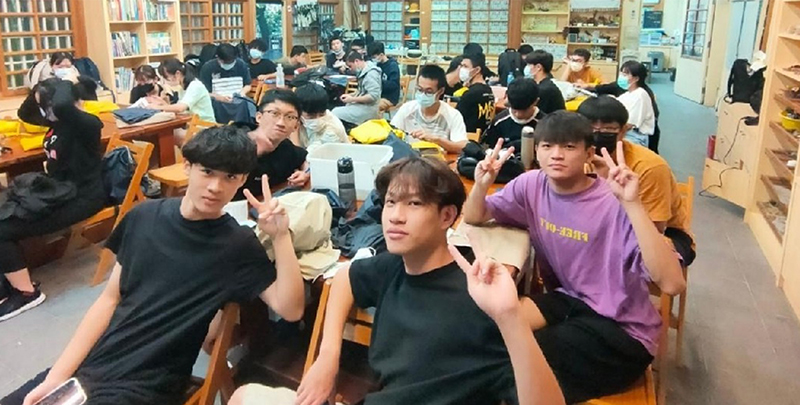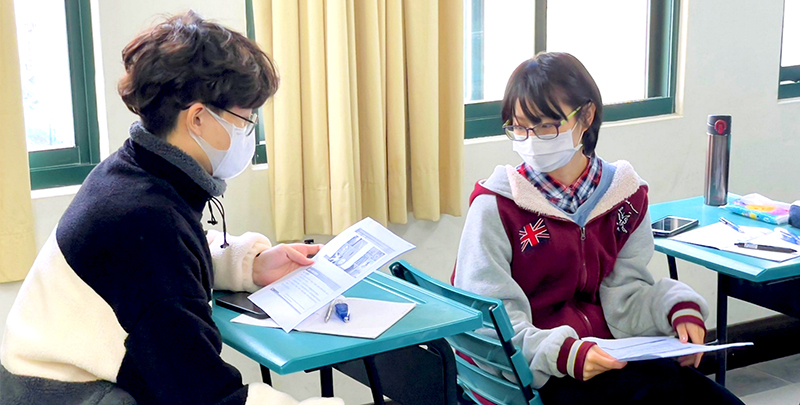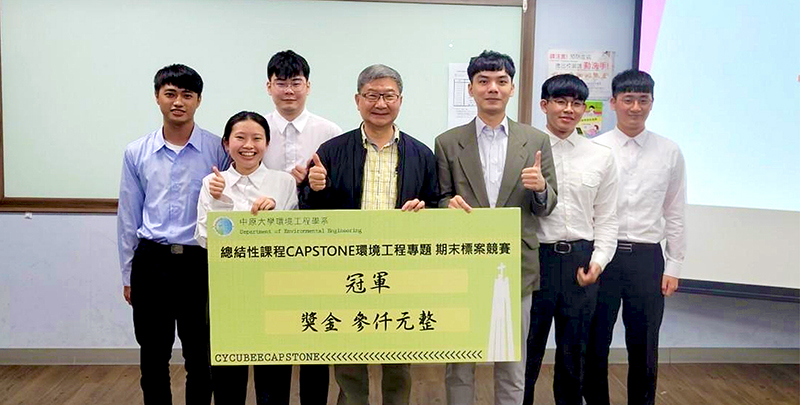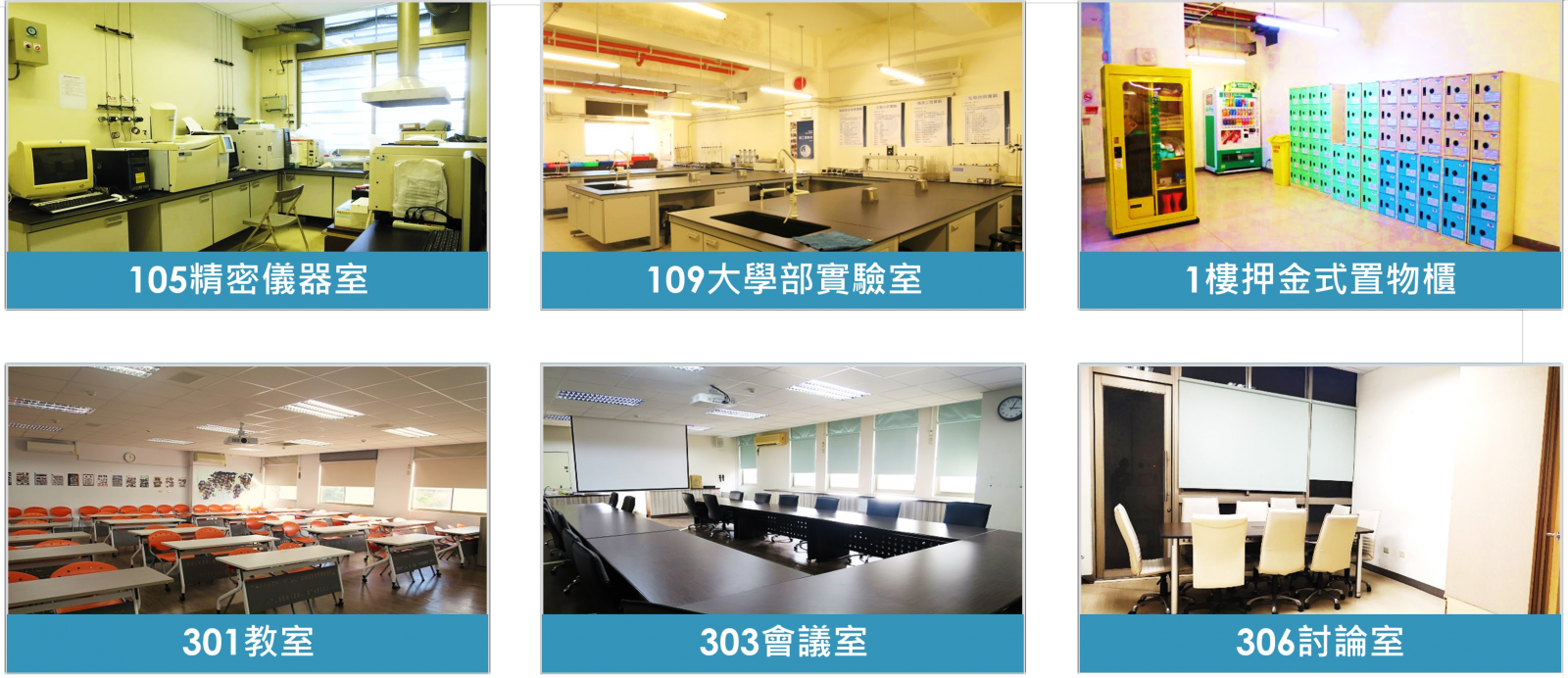▌ Department Overview
Our department was established in 2004 under the name of Department of Bioenvironmental Engineering and was officially renamed as the Department of Environmental Engineering in 2015. Currently, we offer complete programs including undergraduate, master’s, post-master’s, and doctoral degrees (in the field of environmental engineering within the Civil Engineering Department). Both students and faculty members demonstrate excellence in performance. We have one endowed professor, four full professors, two associate professors, and two assistant professors. Our expertise spans sustainable environment, circular economy, and zero emissions. We excel in industry-academia collaboration and scholarly publications, with two professors ranked among the top 2% of global scientists. One professor serves as a Deputy Director-General at the Environmental Protection Administration, while another serves as a non-executive director at Taiwan Power Company. Each faculty member ranks first in terms of average number of journal publications and project execution amounts at Chung Yuan University, demonstrating our faculty’s ability to integrate theory and practice.
Our educational framework integrates science, engineering, and management in curriculum design. We provide a solid foundation in basic sciences to cultivate independent and innovative thinking among students. Emphasis is placed on communication and practical industry training, fostering a spirit of pragmatism and teamwork. The first two years focus on fundamental science and engineering courses with an emphasis on written examinations, while the latter two years emphasize practical application and communication skills, particularly in report writing and presentations. Starting from the third year, we engage several adjunct professors from industry, government, and research sectors to gradually introduce practical applications of foundational knowledge. Through project-based research courses, students are guided to collaborate with laboratories and research groups, especially international students, to enhance their English communication skills.
Master’s courses are predominantly taught in English, with thesis topics often addressing practical industry problems in collaboration with industry partners to facilitate seamless transition to industry after graduation. Doctoral thesis topics often involve cutting-edge research, with publications in top-tier international journals.
We organize monthly online seminars and annual forums or conferences, providing scholarships to encourage students to present papers abroad. Exceptional students are awarded scholarships to study abroad for six months to a year at prestigious institutions such as the University of Tokyo, Kyoto University, Tohoku University, Kokura University, Kumamoto University in Japan; ETH Zurich in Switzerland; the University of Iowa, New York University in the United States; Tsinghua University, Tongji University in China; Hanyang University in South Korea; Chulalongkorn University, Asian Institute of Technology in Thailand; University of Malaya, National University of Malaysia, Universiti Teknologi Malaysia; Bandung Institute of Technology, Sepuluh Nopember Institute of Technology, Islamic University of Indonesia in Indonesia; Ho Chi Minh City University of Science, Ho Chi Minh City University of Technology, and Da Nang University in Vietnam, aiming to establish cross-national relationships. Through these educational initiatives, we aim to jointly cultivate the next generation of international environmental engineering talents and enhance the competitiveness of our students.
 |
 |
 |
| ▲ Visit to the Luodong Nature Education Center | ▲ Academic Counseling Hours | ▲ Special Project Competition |
▌ Departmental Space
Our department’s facilities are well-equipped, providing students with an excellent learning environment.
We also provide excellent self-study spaces and equipment borrowing services (such as laptops, presentation pens, etc.) to facilitate students’ post-class discussions and presentation rehearsals. Students do not need to worry about the library being overcrowded or not being able to find a space.

